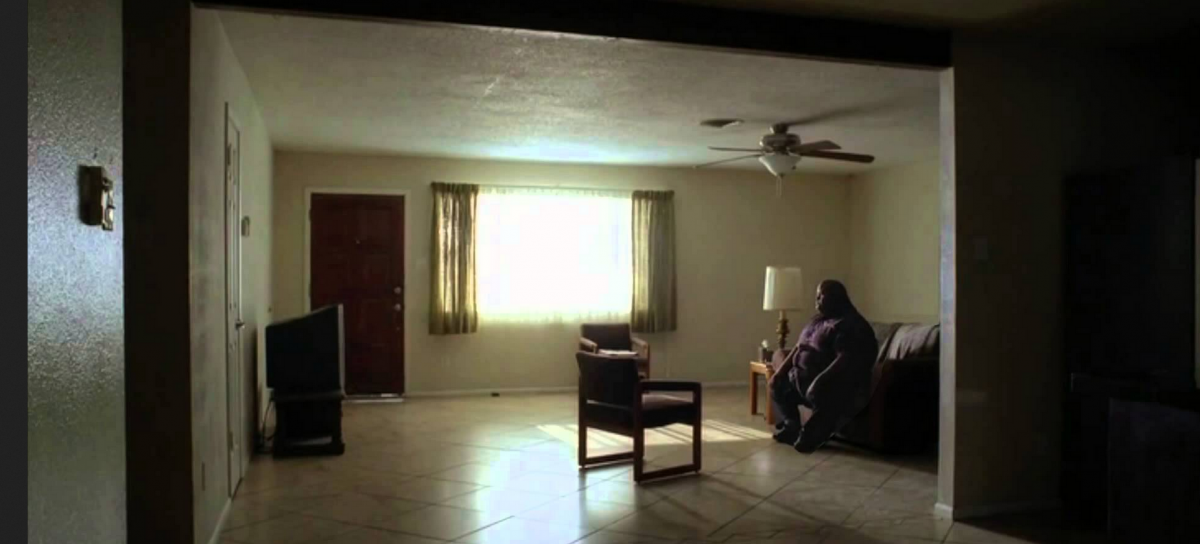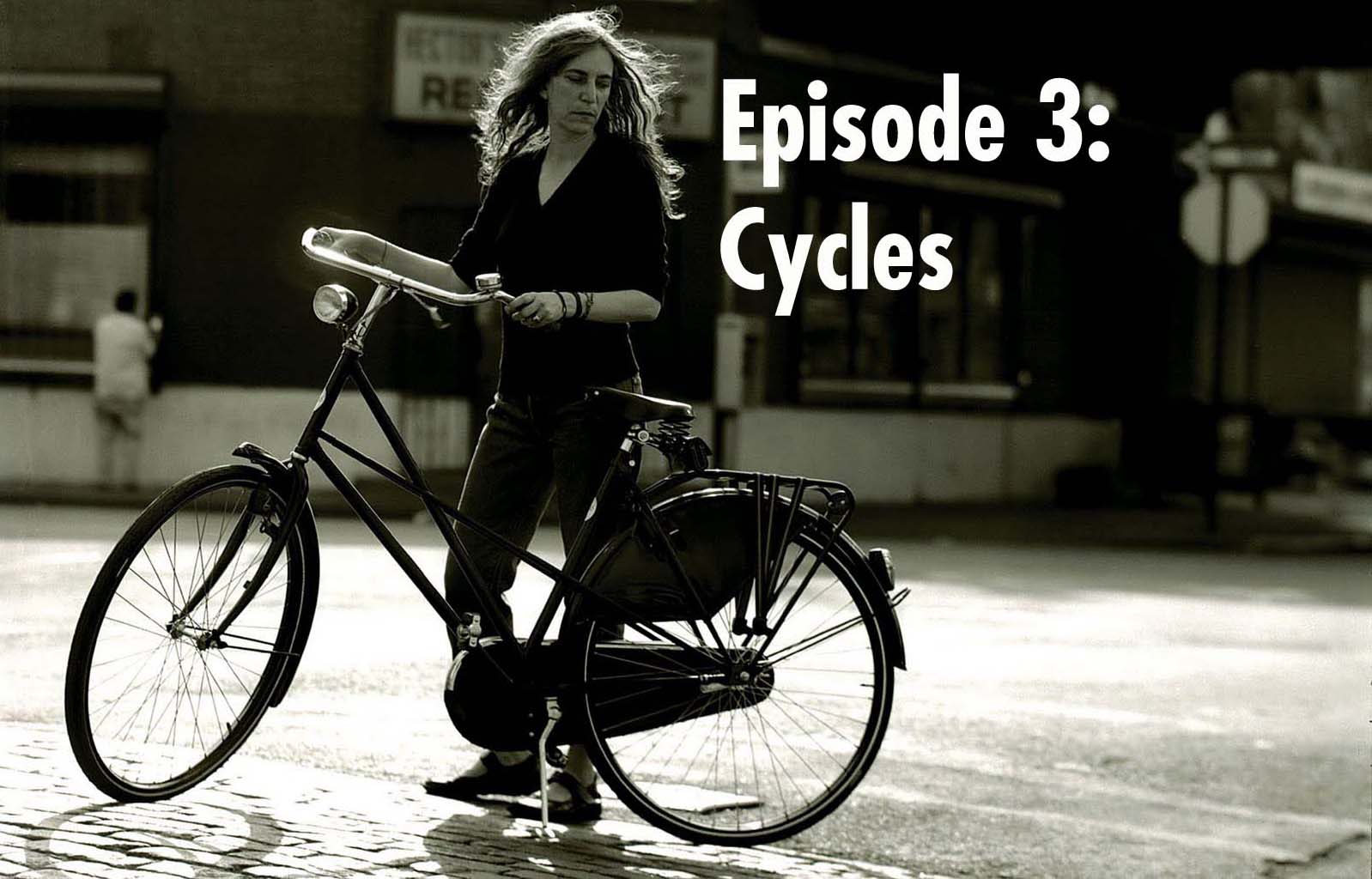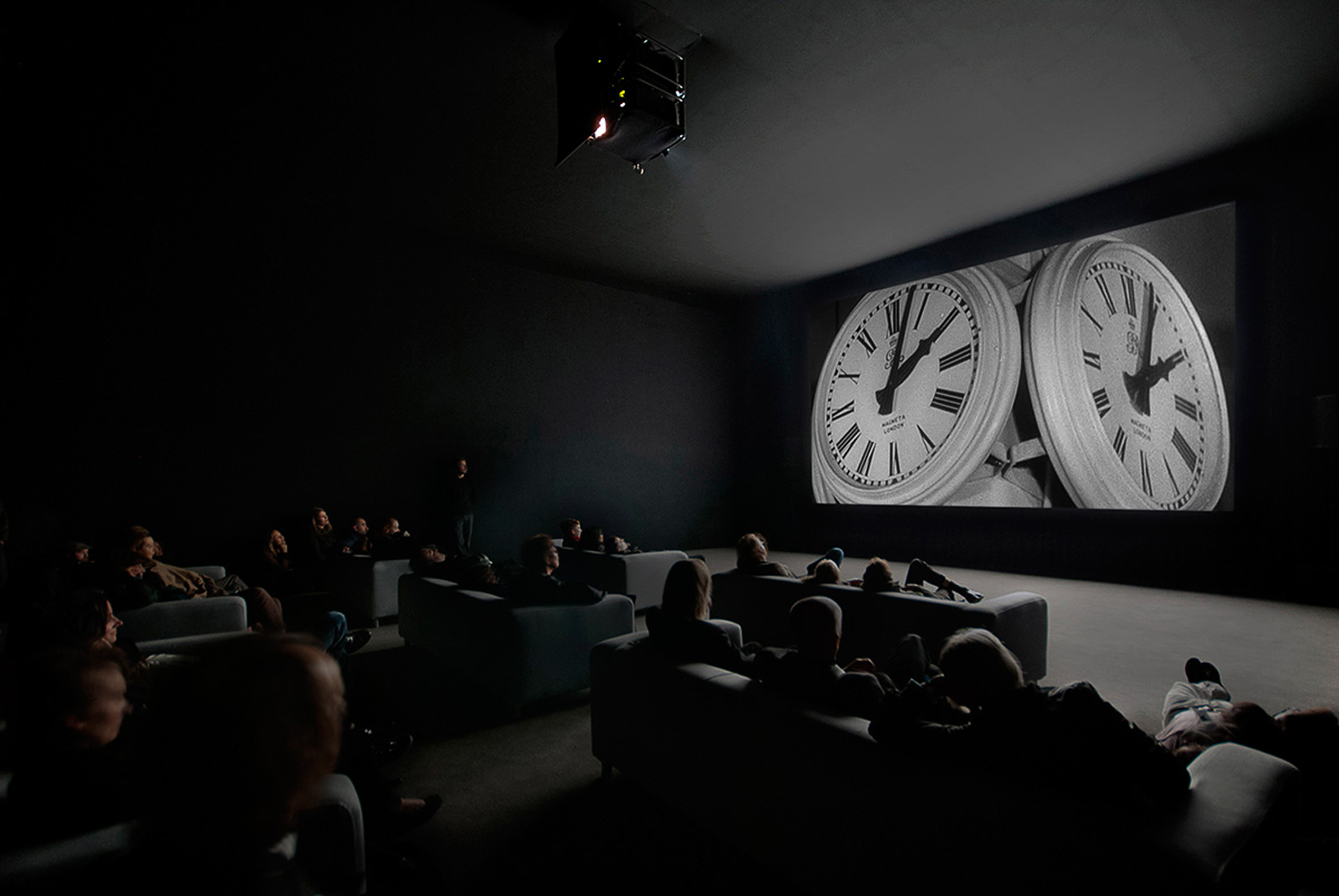“I am a patient boy
I wait, I wait, I wait, I wait
My time is water down a drain”
— Fugazi, “Waiting Room”
Like addicts, they say that they cannot help themselves. They beg for clemency when arriving thirty minutes late, yet admonish you when your best efforts to muzzle your understandable frustration over minutes wasted cannot be sufficiently disguised. They justify their tardiness by pointing out that they texted you fifteen minutes after they were supposed to arrive, offering the defense that your phone buzzed with a running commentary of their delayed movements. “Hey, I’m at 72nd Street!” the late person will pound with unrepentant thumbs into a keypad. “I’ll be there in five minutes!” But any cursory consideration of Manhattan traffic patterns quickly leads to the facile conclusion that there is no way for even the most nimble mortal to get to the East Village bar you agreed to meet at in anywhere less than fifteen. You sit, nursing a drink, possibly ordering a supererogatory appetizer to ensure that you keep your table. It is, in short, a maddening predicament. If you have made an elaborate dinner for a few people, the late person keeps everyone sitting around the table as the meal gets cold.
The late person’s excuses are manifold and vastly creative and never entirely sufficient. Late people make you feel like a chump, trampling upon your cheery punctilious demeanor with the clueless rudeness of Jeff Spicoli from Fast Times at Ridgemont High. While the dependably tardy person who is always ten minutes behind schedule can be easily contended with through the swift legerdemain of agreeing upon a meeting time ten minutes before the two of you arrive, the casually impertinent late person is the true malefactor. She claims to be busy but never seems to comprehend that you sacrificed time too, leaving early to ensure your timely arrival, perhaps persuading another party that you needed another day to get back on something as you race to the subway, sweat pouring down your brow, because you foolishly believed that respecting the late person’s time was important. As you wait in a restaurant, feeling the book you brought to pass the time droop from your fingers, looking at your phone and wondering how many minutes you should stay before bolting, and detecting the judgmental eyes of strangers poring over your solitary presence or a group of people glaring behind the host stand for you to leave, you wonder why you allowed yourself to fall for the ruse again.
Late people annoy me, probably more than they should. This may be an eccentric pet peeve. It may be the beginning of some cantankerous midlife period in which I will spend more time barking at adolescents to stop trespassing on my patch of grass. But as someone who tries to be sensitive and courteous about other people’s time, I don’t think I’m being unreasonable in expecting others to show up when they say they will. We ding late people in just about every other circumstance. Ushers bar the tardy from entering a theatre after a show starts. Unless the late person is an important dignitary, there’s little chance of an airplane waiting for her presence on the tarmac. (On the other hand, I loved it when German Chancellor Angela Merkel bailed on meeting Putin last October because the Russian despot couldn’t be bothered to show.) A worker who does not show up to her job can be fired for repeat infringement. Why then is tardiness tolerated in social scenarios? We clearly want to honor a charming and brilliant person with character flaws, but are we giving up some of our dignity in doing so? Our culture frowns upon deadbeats. Credit bureaus exact harsh score-shaving penalties for those who cannot pay their bills on time. Why then should we give chronically unpunctual offenders a fair shake? Late people rob us of our hours and seem to be rubbing their hands with glee.
Diana DeLonzor, late in an altogether different sense, once suggested that the chronically tardy are not consciously trying to annoy those around them. Of course! Much like any idealist with a firm commitment to belief, late people regularly breach the very principles they preach. Surprisingly, there has been very little research into the late person’s psychological motivations, although the Wall Street Journal‘s Sumathi Reddy has helpfully compiled what we know about late people: they could be more susceptible to the planning fallacy, whereby they greatly underestimate the time needed to complete a project, or cannot break down the components of a common and not terribly difficult obligation such as meeting someone for a date to get a true assessment of how much time it will take. While we’re all capable of distraction, getting lost in imagination, and falling down time-sucking rabbit holes because of our curiosity, why can’t organizational commitment and optimistic wandering coexist in the same head? Even the cult director John Waters is a stickler for punctuality. One doesn’t have to be a cold corporate autocrat to understand that honoring other people’s time should be one of life’s first duties.
Psychology Today‘s Adoree Durayappah-Harrison offers the provocative suggestion that late people arrive at meetings when they do because they don’t want to be early. But this too seems a strange reason to pardon the late person. Isn’t arriving early a plus? You don’t have to walk into a meeting place right away. You can survey the surroundings, saunter around a new neighborhood, chat with a stranger, send a text, and perform countless other acts because you see time as something to be savored. Moreover, does the late person seriously believe that the punctual person always enjoys being early? Why should the late person get preferential treatment?
There’s obviously a Western bias to my plaints. In The Dance of Time, the sociologist Edward T. Hall studied how different cultures establish rhythm. He divided cultures into monochronic and polychronic. Monochronic societies, which would include most Western societies, are very much committed to performing one task a time and it is vital that a life schedule is not uprooted by too many interruptions. In M-time, time is a quantifiable commodity. But in polychronic cultures, people are committed to conducting many events at once so that they can have a greater involvement with people. These differences in how one spends time can cause international problems, not unlike the Merkel-Putin showdown referenced above. (In 1991, some behavioral economists proposed a Polychronic Attitude Index in an effort to map marketplaces.) Hall established these terms in 1983, but I’m not so sure his dichotomy holds up thirty years later in an age of multitasking and people glued to their phones. We all have somewhere to be going.
Patience is as a virtue, but it is more easily upheld after the other person has shown up. I’d like to be more forgiving of late people, but they never seem to be entirely forgiving of me. I am not asking for the trains to run on time like Mussolini. There are elements of the universe outside our control. When I interviewed the aforementioned Waters five years ago, he was slightly late and offered one of the most effusive and unnecessary apologies I have ever witnessed. Had the roles been reversed, I suspect that I would have been just as exuberantly contrite. But if it takes forty-five minutes to do something, why not schedule an hour just to be on the safe side? It is 7:31 AM as I type this sentence. I have given myself until 8:00 AM to finish this essay and it appears that not only will I complete it on time, but I will have some leftover minutes to peruse a few pages from one of the six books I’m now in the middle of reading or check in on a friend. If late people could only understand that one can be ambitious and liberated while keeping appointments, we wouldn’t have to tolerate the stings of their relentless absenteeism.







